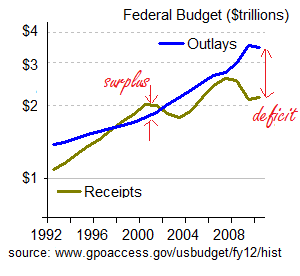DSGE
VIP Member
- Dec 24, 2011
- 1,062
- 30
- 71
What'd I just say?
you said the Fed got its act together in about 1980
Bernanke said in 2008, "The Fed is not forcasting a recession"
Yes, the Fed stopped being grossly inept for a little while. Now it's up to its old tricks again.
What does that tell you, liberal???
It tells me that you're some kind of elephant.


